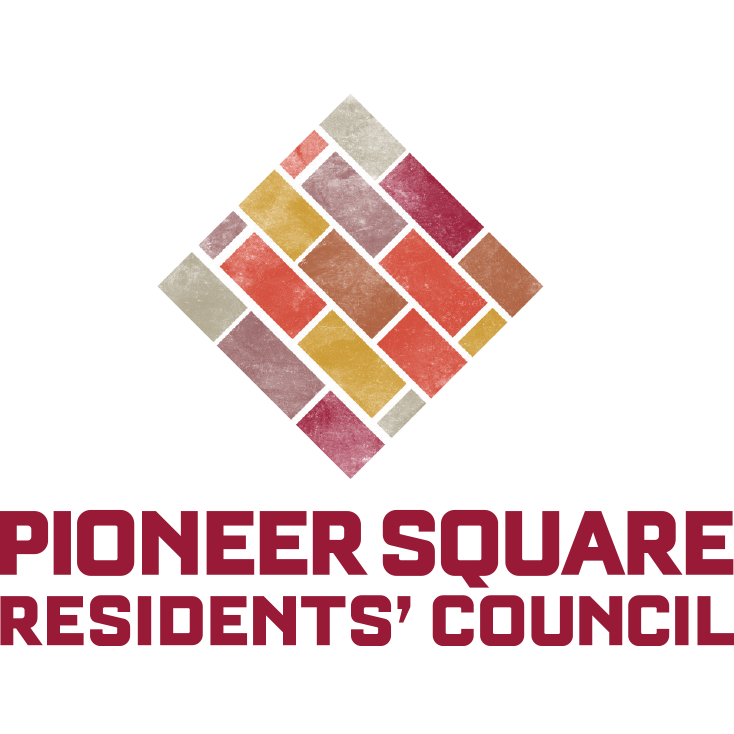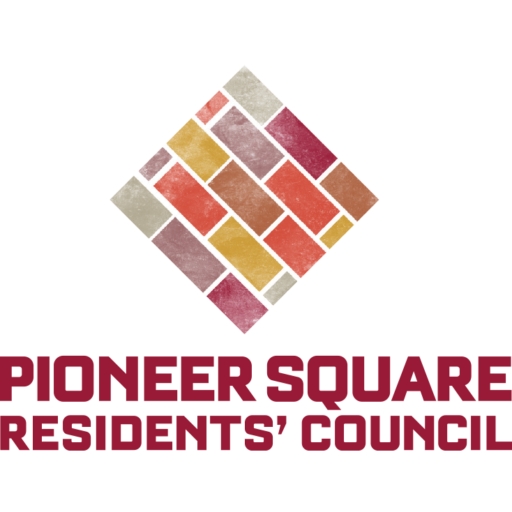15 Jan Understanding Addiction
I went to Town Hall last night to listen to bestselling writer and physican Gabor Maté talk about his book “Understanding Addiction.” I said on the “About Us” page that I was basically doing this blog for me — to understand things and people that I don’t already understand. Hopefully I will take some of you along this journey with me.
Maté started his presentation by telling the audience about 2 myths regarding addiction:
- People have to hit rock bottom. He asked “what is rock bottom? These people have lost their homes, their families, their jobs — you tell me. What is rock bottom?”
- Drug addiction is a choice. Maybe they made a choice when they first tried drugs, but for many, it is no longer a choice.
He continued by giving an example of individuals with ADHD — If you look at the drugs that physicians prescribe for ADHD, they elevate dopamine levels. His example was of a teenager who smokes marijuana in school; if they have ADHD, they will most likely tell you that they became more focused. He gave this example to show that people use drugs for different reasons, but many use them to self medicate, whether it’s depression, anxiety, or social phobias.
He said that when trying to understand addiction, that “the first question of addiction is not why the addiction, but why the pain.” As someone who works with the severely addicted on skid row in Vancouver, BC, he said that every single addict that he has ever met was abused as a child, whether it was sexual or emotional abuse.
To bring it all home for me, he gave an example of a single mom who wanted to go out every night to party. Her idea of a babysitter for her son (a current addict that Maté works with) was to place him in the dryer with something heavy on top. Every night.
Genes don’t specifically determine if you will become an alcoholic or a drug addict when you grow up. Although there have been studies that show that tendencies towards alcoholism/addictive behaviors are genetic, Maté said that if that child is raised in a nurturing environment, they can handle the genetic predisposition.
For many of these addicts that were abused as children, they experience such dysfunction as they get older. Someone asked him about abused children that have “dead eyes.” He said that if he were to attack an individual in the audience right now, they would have three options — to run, to get help, or to fight back. Children don’t have that option, he said — so their brain protects them by shutting down. In turn, their emotional growth can stop at a very early age.
“Any addict will tell you that the first time they did drugs is the first time they felt normal. Once addicted, however, their pain is magnified by the way society treats them.”
In his opinion, how to approach drug use in our society would not be to legalize drugs necessarily, but instead to offer them to people who “need them” in a supervised setting (compassionate care) and work with the ultimate goal of weaning them off of their addictions. This is what many know as “reducing the harm of addiction.”
Unfortunately, there is proof that brain matter actually shrinks with long term drug use. Using drugs physically changes your brain and there comes a point for many addicts, where they have to keep taking drugs (even minimally) for the rest of their lives. Of course, this isn’t the case for every addict, but this is a common occurrence. And one that Maté is constantly dealing with up in Vancouver.
Once we hit the Q&A session, one woman got up and asked what people can do as individuals to help. Maté responded that if you are a parent, let kids feel your happiness, and not your stress. Also, something that needs to be done is to start helping before the abuse happens. Ask the the question “How can we help the parents?”
Socially, it has to be on an individual level — you can work to support the homeless, work in shelters, provide community support. Help counter the “not in my backyard” attitude (of which I’m guilty of at times). “No matter where you fit in the social game, there’s something you can do.”
He finished up, to resounding applause, by saying “Once you understand the what, you will figure out the why.”
My mind is definitely opened by these ideas — I only wish that there had been more conversation on changes that can be made locally. I have written about 1811 before (a project run by DESC), so I gave the Executive Director Bill Hobson a call. What started as a brief conversation to get his input on Maté’s ideas turned in to an hour long phone call about these very issues in Seattle and how to address them.
Instead of adding commentary in this post, I am going to do a feature on DESC later today. Lots of exciting information and really great viewpoints that individuals should take into account before making up their minds on these issues.



Pingback:Tweets that mention The New Pioneer Square- Understanding Addiction – Blog Title -- Topsy.com
Posted at 20:57h, 15 January[…] This post was mentioned on Twitter by TheNewPioneerSquare, Adam Edvalson. Adam Edvalson said: The New Pioneer Square- Understanding Addiction – Blog Title http://bit.ly/4U8xC6 […]
Pingback:The New Pioneer Square- Why crack dealers still live with their moms (or are homeless in Pioneer Square) – Blog Title
Posted at 20:13h, 19 February[…] something from Vancouver’s handling of drug addiction.p.s. If you haven’t read the book Understanding Addiction, I highly recommend it. It definitely gives more insight to drug use/problems, and as he says […]
Pingback:Drug Rehab Treatment Centers as an Experience, not a Punishment | Rehab Centers Network
Posted at 07:06h, 11 April[…] Tһе Nеw Pioneer Square- Understanding Addiction – Blog Title […]
Pingback:Why do crack dealers still live with their moms? | ilLuminol
Posted at 23:01h, 18 December[…] If you haven’t read the book Understanding Addiction, I highly recommend it. It definitely gives more insight to drug use/problems, and as he says […]